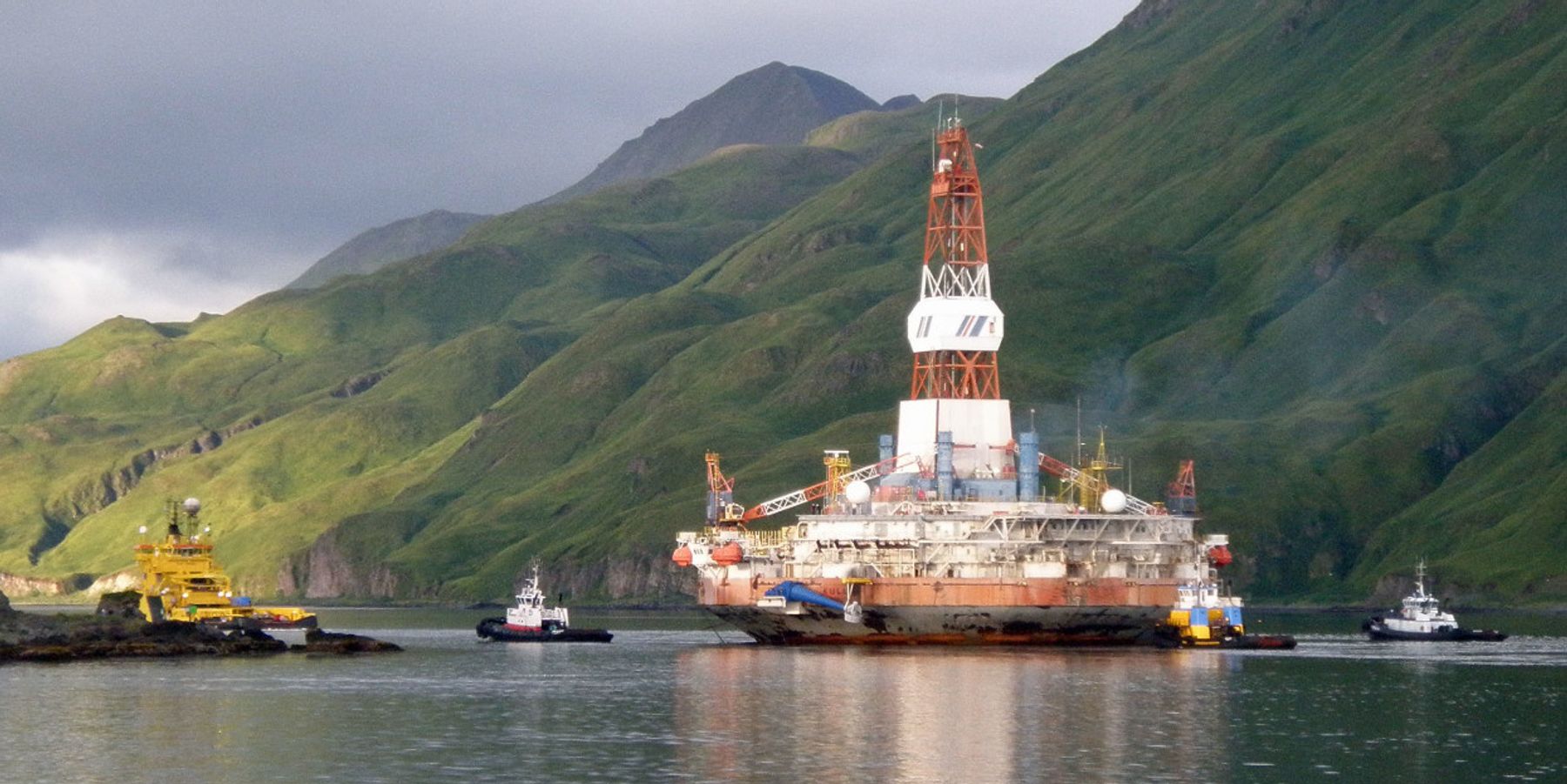
Major oil and gas companies join program to cut methane emissions
62 oil and gas companies from around the world signed on to a UN-led partnership aimed at bolstering monitoring and reductions of the potent climate-warming gas.
Dozens of the top oil and gas companies in the world—including Shell, BP and Total—agreed this week to better track and reduce their methane emissions.
The initiative—called the Oil and Gas Methane Partnership and led by the United Nations Environment Programme (UNEP), the European Commission and Environmental Defense Fund—was launched in 2014 as a voluntary effort to reduce methane emissions from oil and gas. This week that partnership was updated—now the 62 participating companies will look beyond their own methane emissions and include any joint venture emissions, as well as emissions from transportation and downstream refining that companies could have potentially left out of reporting.
"Our aim is to bring companies to report their emissions from all assets at an unprecedented level of accuracy and granularity," Manfredi Caltagirone, a UNEP program management officer, told EHN, "because you cannot manage what you do not measure."
Across the globe, about 596 million tons of methane are emitted a year, according to the Global Carbon Project, which tracks greenhouse gas emissions. There are natural methane emissions from sources such as wetlands, lakes, volcanoes and permafrost, but about 60 percent comes from human activities. While agriculture is the top human-caused source of methane, fossil fuels is second.
In reducing oil and gas methane—which is 80 times more potent than carbon dioxide over a 20-year period as a greenhouse gas—the program's goal is to reduce the oil and gas industry's methane emissions by 45 percent by 2025, and by 60 to 75 percent by 2030.
Reductions would also have more immediate positive impacts, as methane is also a precursor to harmful ozone levels.
"Reducing methane emissions is a crucial effort in the industry's decarbonization pathway. As a factor on which we can have an immediate and concrete positive impact, [the update framework] offers an internationally recognized blueprint to companies across our industry willing to make improvements in their emission reductions in all phases of the value chain," said Claudio Descalzi, Chief Executive Officer of the energy company ENI, in a statement.
Collaborative programs are key to solving these climate issues, Tiy Chung, a communications officer at UNEP, told EHN. The oil and gas industry can be quite fragmented, which "makes it harder for large companies and agencies to enforce policies and regulations down the line." But through partnership, hopefully these obstacles can be surmounted.
Proponents of the program say cutting methane emissions is a low-hanging fruit in the global fight against climate change. The International Energy Agency estimates about three-quarters of existing methane emissions could be reduced with existing technology—and if the energy industry could reach a 90 percent reduction in emissions, it would reduce the estimated increase in Earth's temperature by 2050 by 2 degrees Celsius.
The issue of methane emissions is not necessarily an issue of innovation or technology, said Caltagirone. Rather, this is an issue of willingness and momentum. And it's an initiative that makes sense for everyone: "It creates jobs and it creates action on climate. So it's both good for the climate and it provides revenues."
The updated framework is designed to allow governments, investors, and the public to better track companies' methane emissions. While the program is voluntary, the European Union has signaled it plans to hold companies to a similar standard on measurement, reporting and reduction with new legislation.
"Thanks to the 62 companies for committing to measure, report and reduce pollution from their core operations and joint ventures. This will be the basis for robust standards in Europe, and beyond, that ensure the oil industry takes the practical actions urgently needed for our climate," said Fred Krupp, president of Environmental Defense Fund, in a statement.
Banner photo: Shell Oil drilling platform (Credit: Thomas Doyle/flickr)













